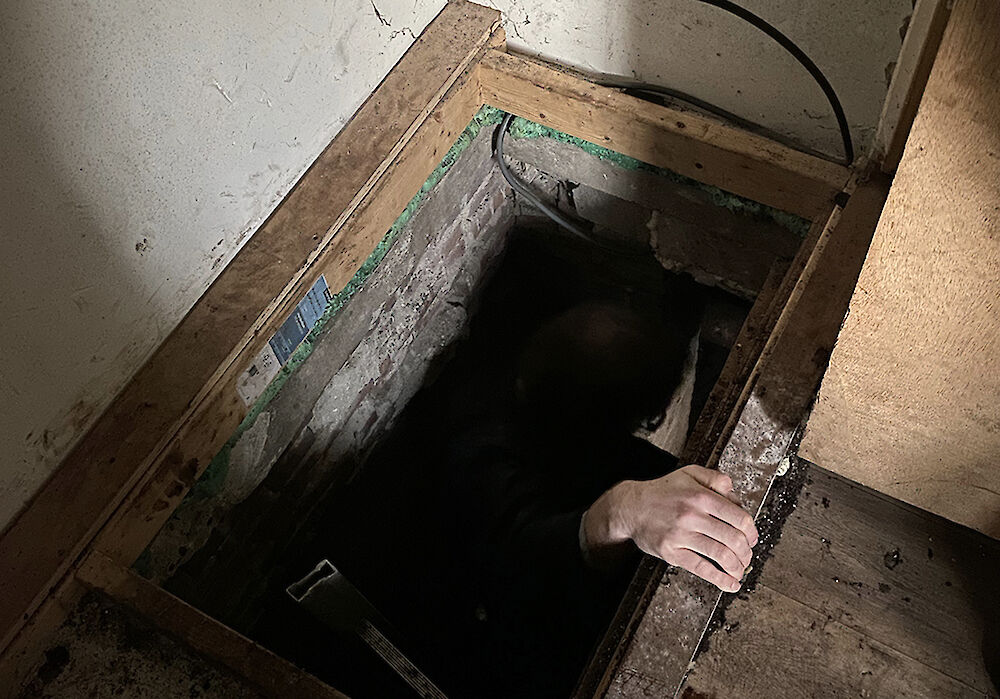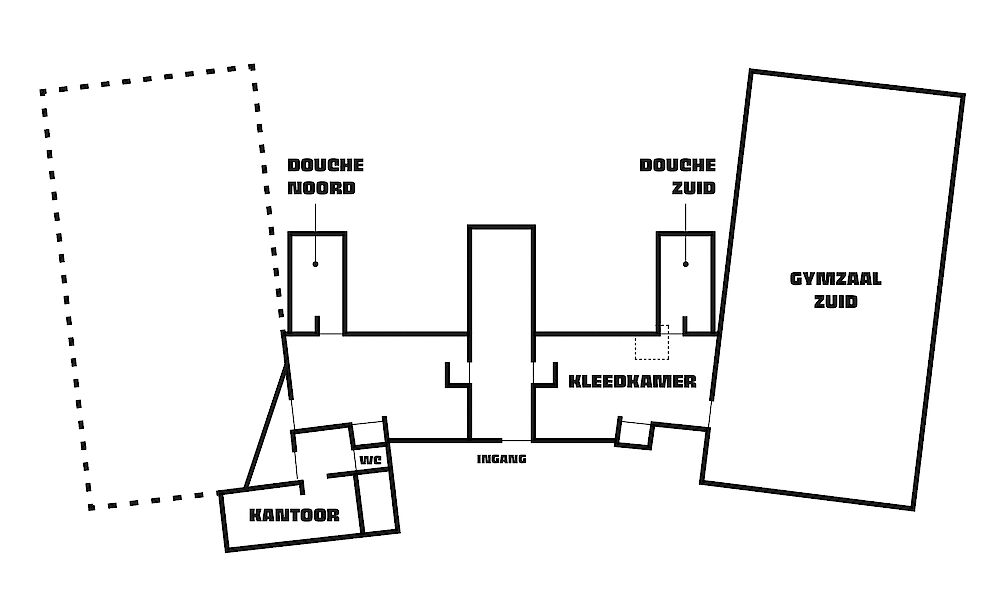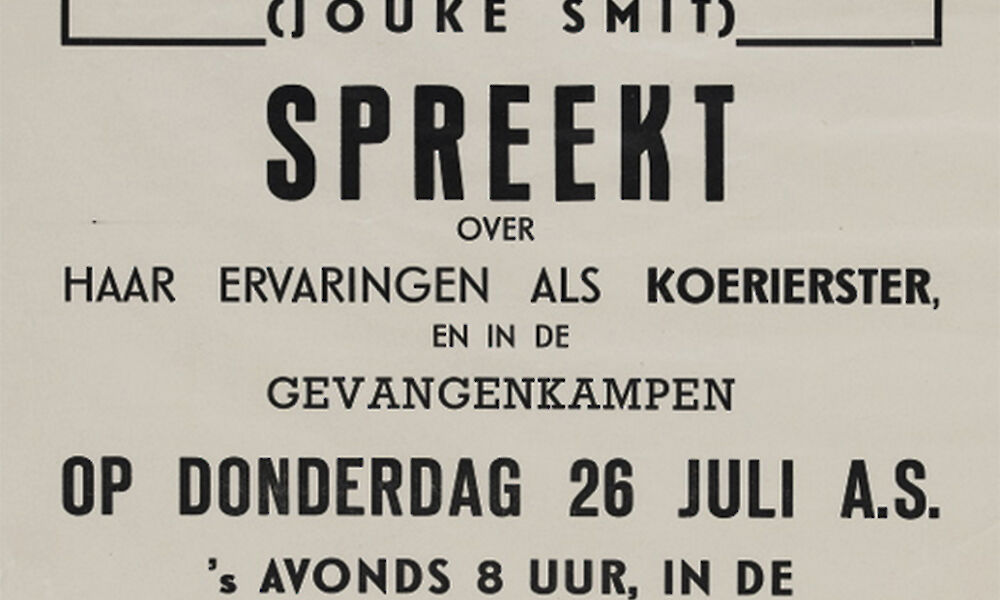Intervention

De Van der Steur gymzalen 1928
In late 2021, a gym located at Boergoensevliet / Zegenstraat, Rotterdam, was closed by order of the mayor after drugs, weapons, ammunition, and a cannabis plantation were discovered on the premises. The gymnasiums were designed by the renowned Rotterdam city architect Van der Steur, who is also known for the Boijmans Van Beuningen Museum and the Maastunnel, among other projects. The complex is a piece of social real estate (maatschappelijk vastgoed), and as direct neighbors and artists, we took the initiative that same month to write a letter to Mayor Aboutaleb, asking if the building could be repurposed for community use. The letter received a positive response, and, together with the neighborhood manager and a policy advisor, a group of residents, artists, and curators began exploring all possibilities within the municipality.
Now, in 2024, after three years of tireless efforts by these residents and officials, two major successes have been achieved: the properties have been removed from the municipality's sale list, and standard provisions in the anti-squatting contract have been amended. Changes include lifting restrictions that previously prohibited public functions, the display of art, and contact between property users and the owner.
As the curatorial collective P1, we reveal the limitations of political and social frameworks, believing in the possibility of changing or expanding them. We seek radical solutions to navigate the complex web of rules, laws, and ownership. The exchanges that take place serve as challenges to the prevailing consensus about the role of creators and their context. Art becomes part of an ongoing process of investigating our shared experiences, continuing even after a project has officially ended.
International and translocal, this project aims to contribute to debates on urban planning and resident participation, within the broader discourse on the future of cities, democratic governance, and fundamental democratic decision-making processes.


